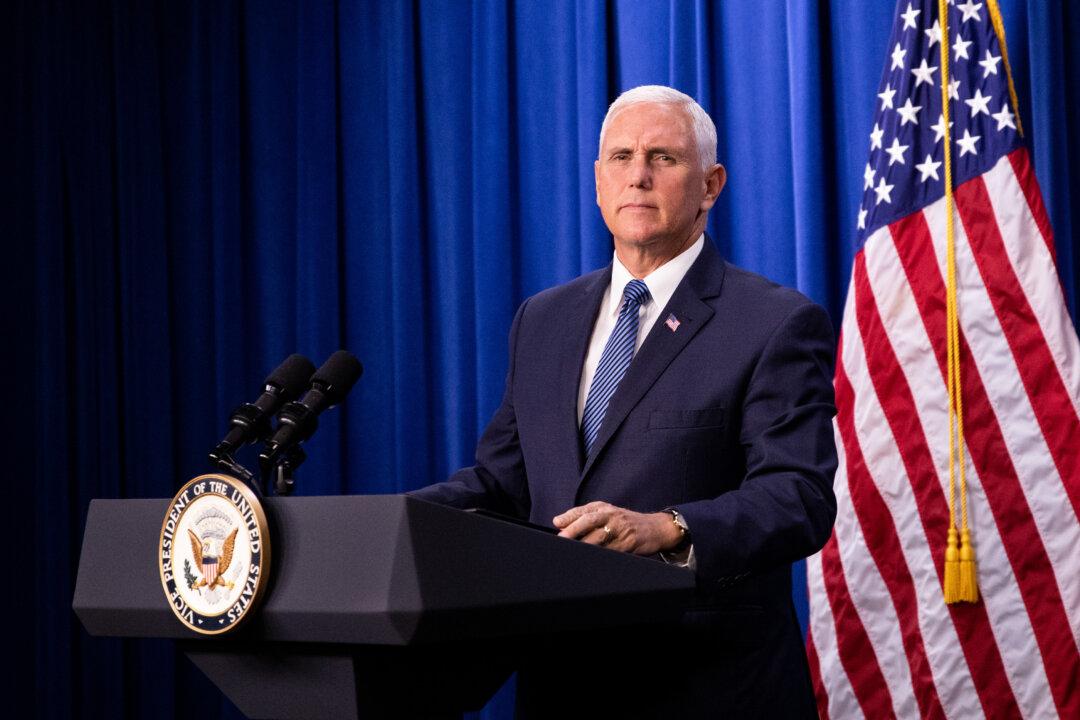Vice President Mike Pence cast the tie-breaking vote to confirm a federal judge after Sen. Jeff Flake (R-Ariz.) broke ranks with fellow Republicans to vote against the nominee.
The Republicans hold a slim majority in the Senate, 51-49, until the New Year. After that, the margin will widen to 53-47, as the GOP gained several seats during the November midterms.





